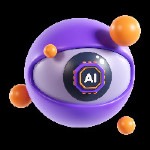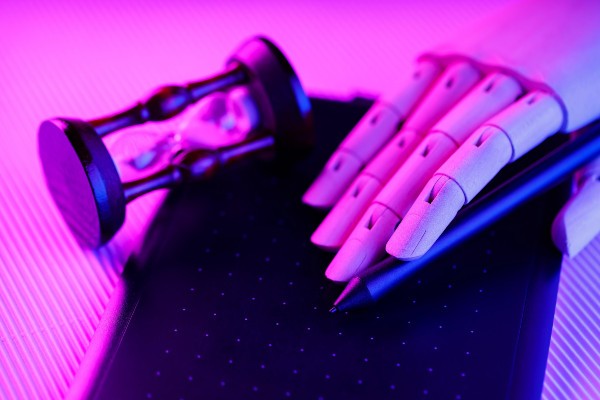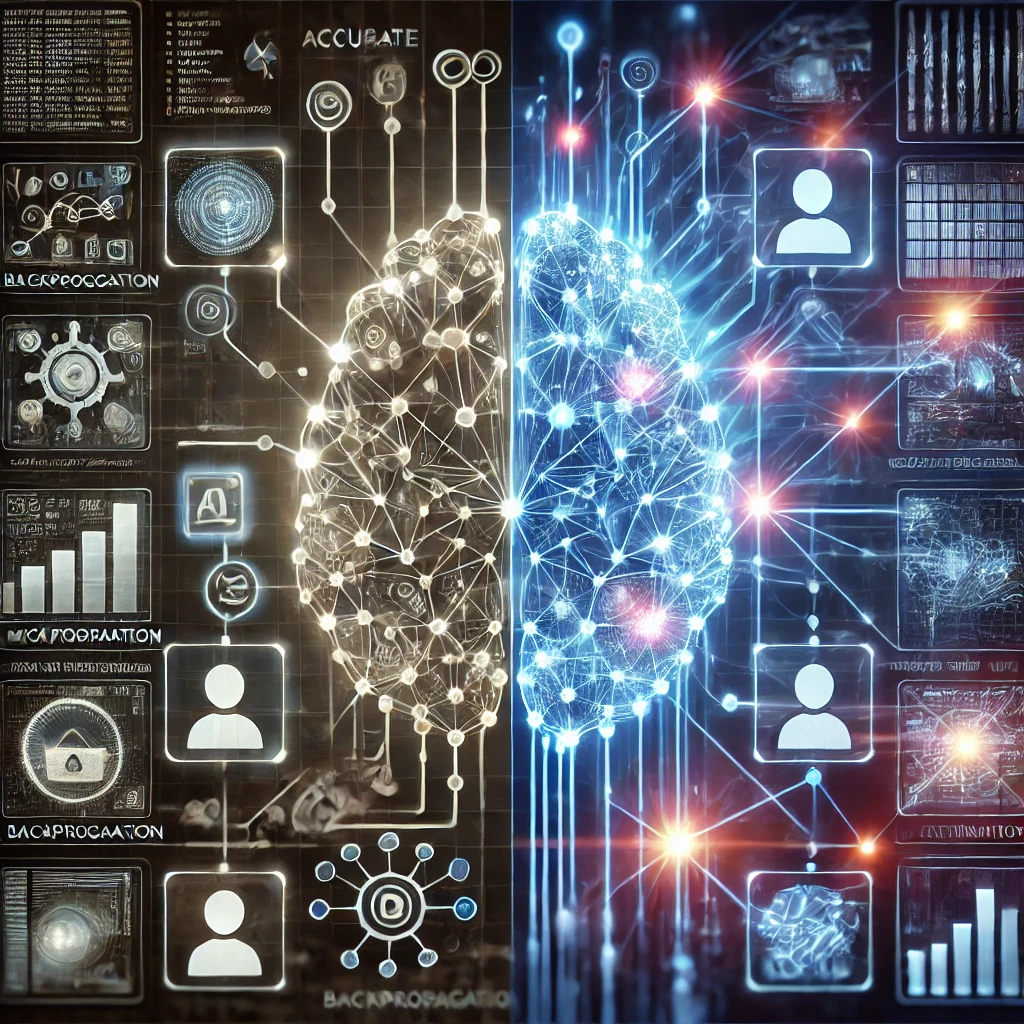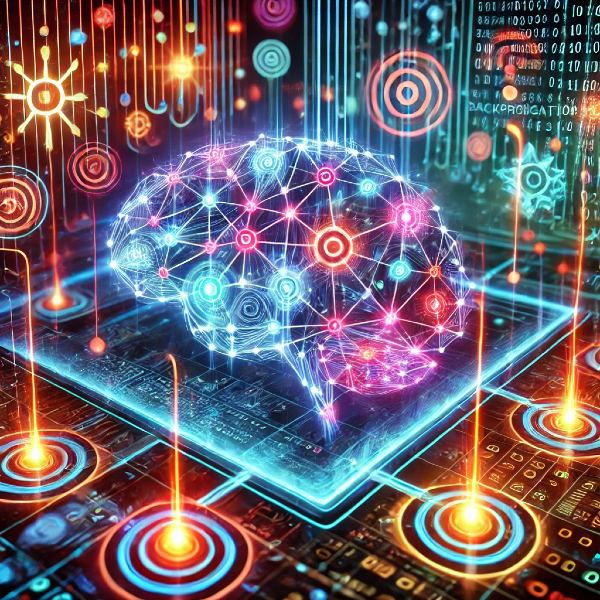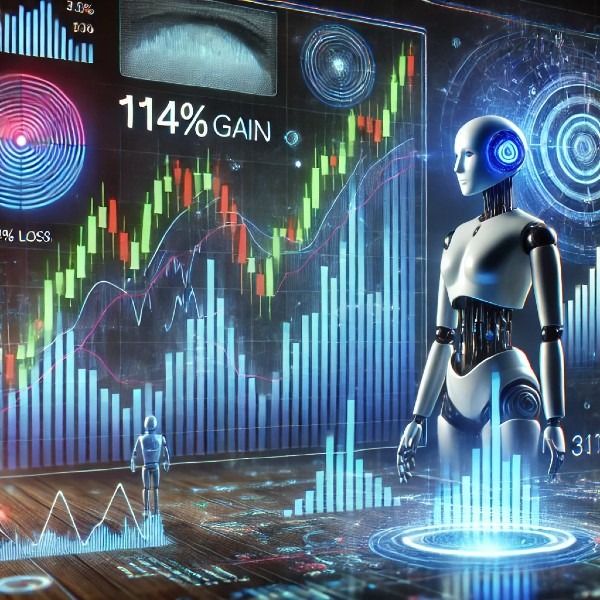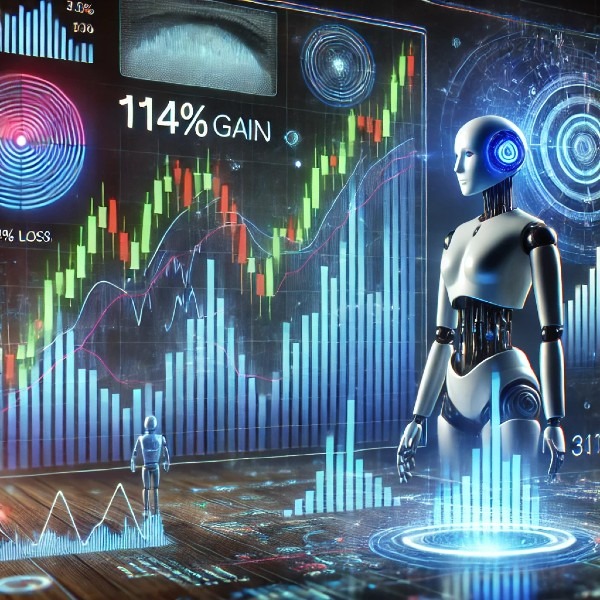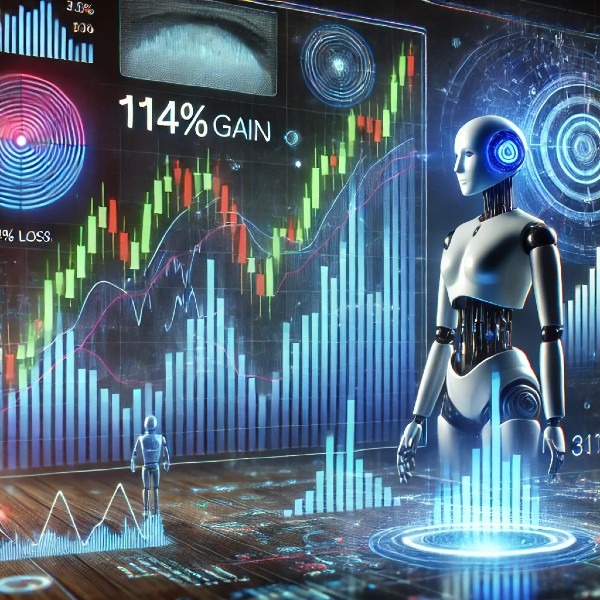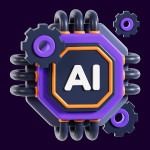Introduction
At the dawn of a new era in technology, AI Horizon stands as a beacon of innovation and progress. This blog post aims to explore the profound impact of Artificial Intelligence (AI) in various domains, particularly focusing on healthcare, the future of work, and the interests of tech enthusiasts. AI is not just a buzzword; it’s a rapidly evolving field that’s reshaping our world in unimaginable ways. By delving into these sectors, we aim to uncover the true essence of AI, debunk myths, answer burning questions, and provide practical insights for our readers.
AI Horizon represents the threshold beyond which the potential of AI can be fully realized. Whether it’s transforming healthcare systems, revolutionizing the workplace, or captivating tech enthusiasts with its endless possibilities, AI is at the forefront of a technological revolution. In this post, we will navigate through these exciting developments, offering a comprehensive understanding of AI’s current and future impact.
Healthcare and AI
The integration of AI in healthcare is a game-changer. It’s not just about automating tasks; it’s about enhancing the quality of care and making healthcare more accessible. AI algorithms are being used to diagnose diseases with higher accuracy, predict patient outcomes, and personalize treatment plans. This technological advancement is not replacing healthcare professionals but empowering them to make more informed decisions.
Moreover, AI is playing a crucial role in medical research. By analyzing vast datasets, AI is helping researchers understand complex diseases, develop new drugs, and create innovative treatment methods. The future of healthcare with AI looks promising, offering hope for better health outcomes and more efficient healthcare systems.
Future of Work
The future of work is being reshaped by AI in profound ways. Automation, driven by AI, is not just about replacing manual tasks but enhancing job roles and creating new opportunities. AI is enabling workers to focus on more creative and strategic tasks by taking over repetitive and mundane activities.
However, this shift brings challenges, including the need for reskilling and adapting to new ways of working. The future workplace will require a blend of technical and soft skills, where human creativity and AI-driven efficiency coexist. Embracing AI in the workplace means fostering a culture of continuous learning and adaptability.
Tech Enthusiasts and AI
For tech enthusiasts, AI is a field of endless exploration and innovation. It’s not just about understanding algorithms but seeing the practical application of AI in everyday life. From smart homes to autonomous vehicles, AI is turning science fiction into reality.
The enthusiasm for AI also brings a responsibility to understand its ethical implications. Tech enthusiasts are at the forefront of advocating for responsible AI development, ensuring that AI technologies are used for the greater good and do not infringe on privacy or human rights.
Myths vs. Facts
AI in Healthcare
Myth: AI will replace human doctors. Fact: AI is designed to support, not replace, healthcare professionals, enhancing their ability to provide care.
Myth: AI in healthcare is error-free. Fact: AI systems are only as good as the data they are trained on and require human oversight.
Future of Work
Myth: AI will lead to massive job losses. Fact: While AI will automate some tasks, it also creates new job opportunities and roles.
Myth: AI is only for tech-savvy individuals. Fact: AI is becoming more user-friendly and accessible to people from all backgrounds.
Tech Enthusiasts
Myth: AI is only about coding and algorithms. Fact: AI encompasses a broader range of skills, including ethical considerations and user experience.
FAQ
How is AI transforming healthcare? AI is revolutionizing healthcare by improving diagnostic accuracy, personalizing treatment plans, and enhancing research. It’s not replacing doctors but providing them with powerful tools.
What skills are needed for the AI-driven future of work? Besides technical skills, soft skills like adaptability, creative problem-solving, and emotional intelligence are crucial in the AI-driven workplace.
How can tech enthusiasts contribute to responsible AI development? By staying informed about AI advancements and advocating for ethical practices, tech enthusiasts can play a key role in shaping responsible AI development.
Will AI in healthcare compromise patient privacy? While AI offers many benefits, safeguarding patient privacy is essential. Healthcare providers must adhere to strict data protection regulations.
Can AI in the workplace lead to better work-life balance? By automating routine tasks, AI can free up time for employees, potentially leading to a better work-life balance.
Practical Tips and Tricks
- Stay Informed: Keep up-to-date with the latest AI developments in your field.
- Embrace Lifelong Learning: Continuously develop your skills to stay relevant in the AI-driven future.
- Ethical Considerations: Always consider the ethical implications of AI applications.
- Collaboration: Work with AI experts to understand how AI can benefit your field.
- Data Privacy: Prioritize data security and privacy in all AI applications.
Google Snippets
- AI in Healthcare: “AI is revolutionizing healthcare by enhancing diagnostic accuracy and patient care.”
- AI and the Future of Work: “AI is reshaping the workplace, creating new opportunities and challenges.”
- AI for Tech Enthusiasts: “AI offers endless possibilities for innovation and practical applications.”
Artificial Intelligence Meaning
- Oxford Languages: “AI involves the development of computer systems able to perform tasks that typically require human intelligence.”
- Merriam-Webster: “AI is a branch of computer science dealing with the simulation of intelligent behavior in computers.”
- Cambridge Dictionary: “AI is the study of how to produce machines that have qualities such as the ability to understand language, recognize pictures, solve problems, and learn.”
Did You Know?
- AI can analyze medical images with greater accuracy than human radiologists in some cases.
- AI is being used to develop more efficient renewable energy systems.
- AI algorithms can create art and music, blending creativity with technology.
Conclusion
As we navigate through the AI Horizon, it’s clear that AI’s impact is vast and multifaceted. From transforming healthcare to reshaping the future of work, AI is not just a technological advancement; it’s a catalyst for change. For tech enthusiasts, AI represents an exciting frontier of innovation and ethical challenges. As we embrace this new era, it’s crucial to stay informed, adapt to changes, and consider the ethical implications of AI. The AI Horizon is not just about what AI can do; it’s about what we can do with AI to create a better future.
